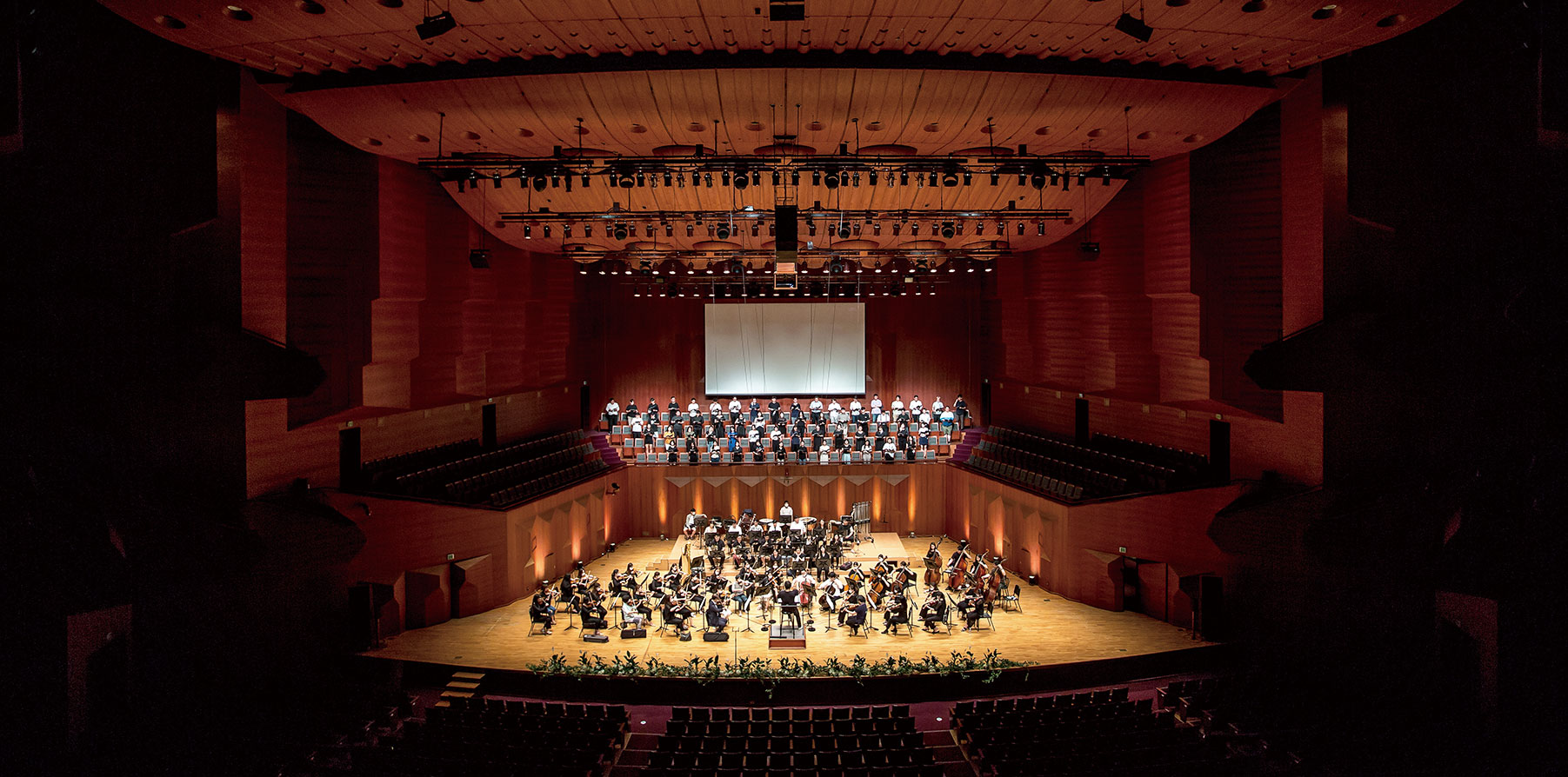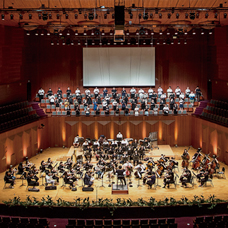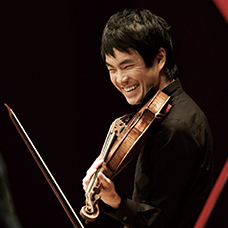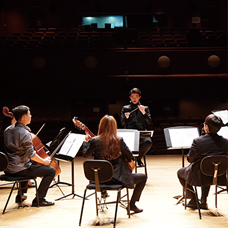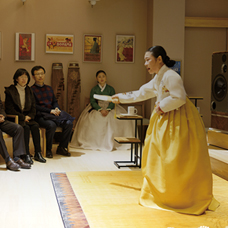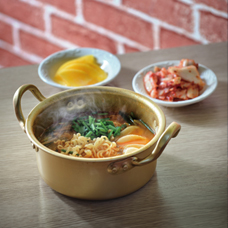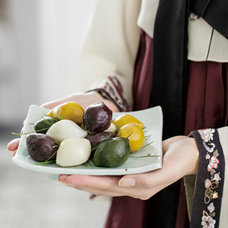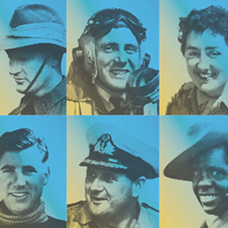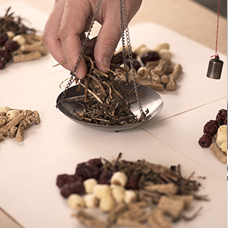STORY
Orchestral Diaspora
Classical Musicians Abroad
Despite its relatively late start in classical music, Korea exerts a mighty global presence in the field. From conductor Kim Eun Sun becoming the first female music director of the San Francisco Opera to a host of figures occupying high positions in European orchestras, Korean musicians have consistently grown in prominence worldwide.
Written by• Kim Hojoung ,
culture writer at Joongang Ilbo
On July 14 (Bastille Day in France) at 9:30 p.m., conductor Kim Eun Sun raised her baton from beneath the Eiffel Tower in Paris. Three Parisian ballet companies, the National Orchestra of France and Choir of Radio France played according to the swing of her baton. Top-rated soloists like soprano Sonya Yoncheva and pianist Khatia Buniatishvili also performed for the occasion.
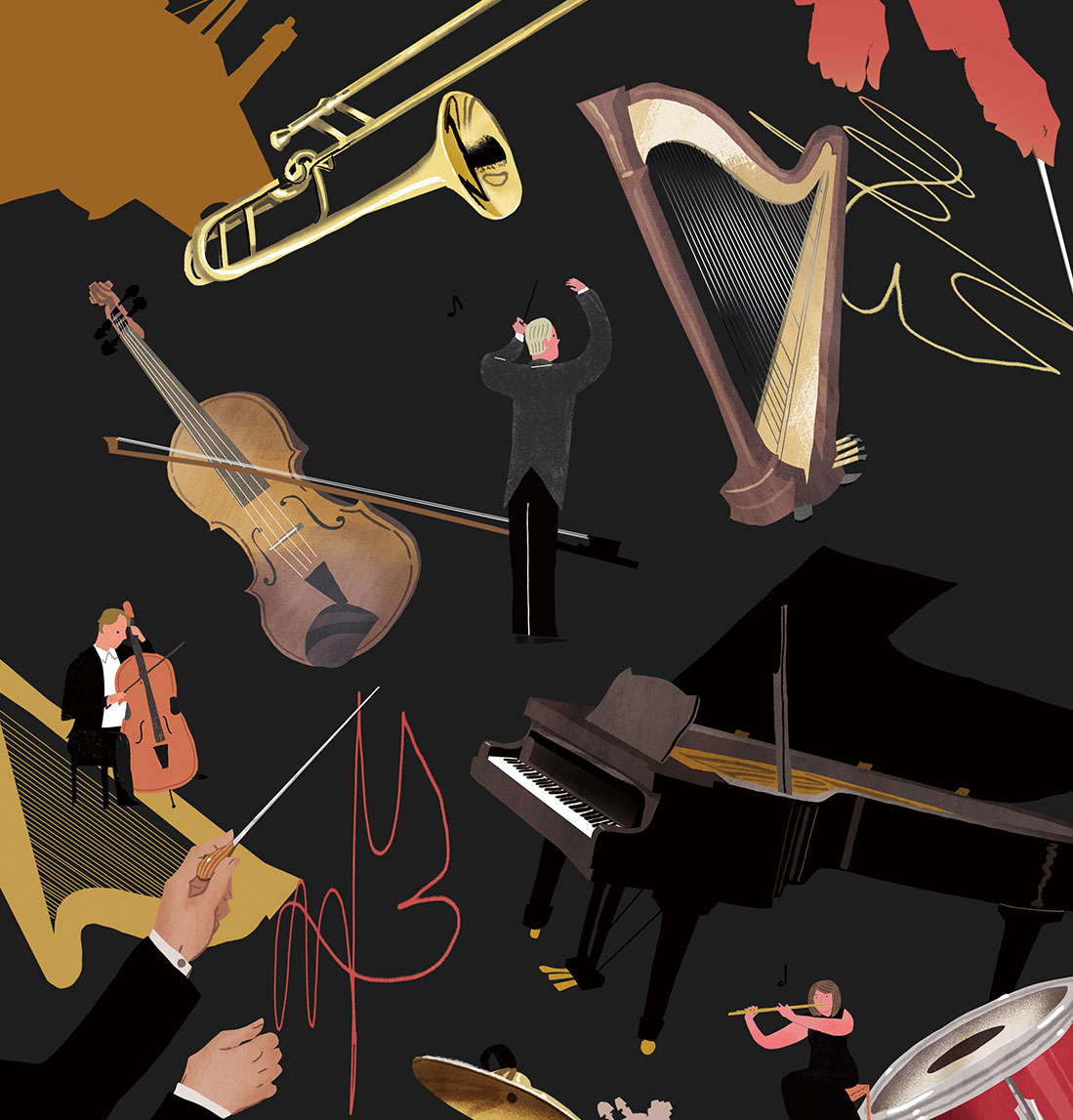
High in Demand
Bastille Day is celebrated at the site of the French Revolution through large-scale outdoor performances. The Paris municipal government “reserved” Kim two years in advance for this year’s Concert de Paris. She initially canceled her appearance due to travel limitations caused by COVID-19, but the French government issued her a special visa through negotiations with the U.S. Embassy since she now lives in America. Kim was assured of a safe flight to Paris for the occasion.
This shows just how Europeans are eager to see this conductor at work. Surprisingly, Kim has never stepped on stage in her home country of Korea. After studying composition and orchestral conducting and doing post-grad work at Yonsei University in Seoul, she left for Germany to continue her doctoral studies in conducting. Winning the top prize at the Lopez Cobos International Opera Conductors Competition made her the most sought-after conductor in Western Europe, but perhaps her greatest honor is being named the first female — not just Korean or Asian — musical director of the San Francisco Opera.
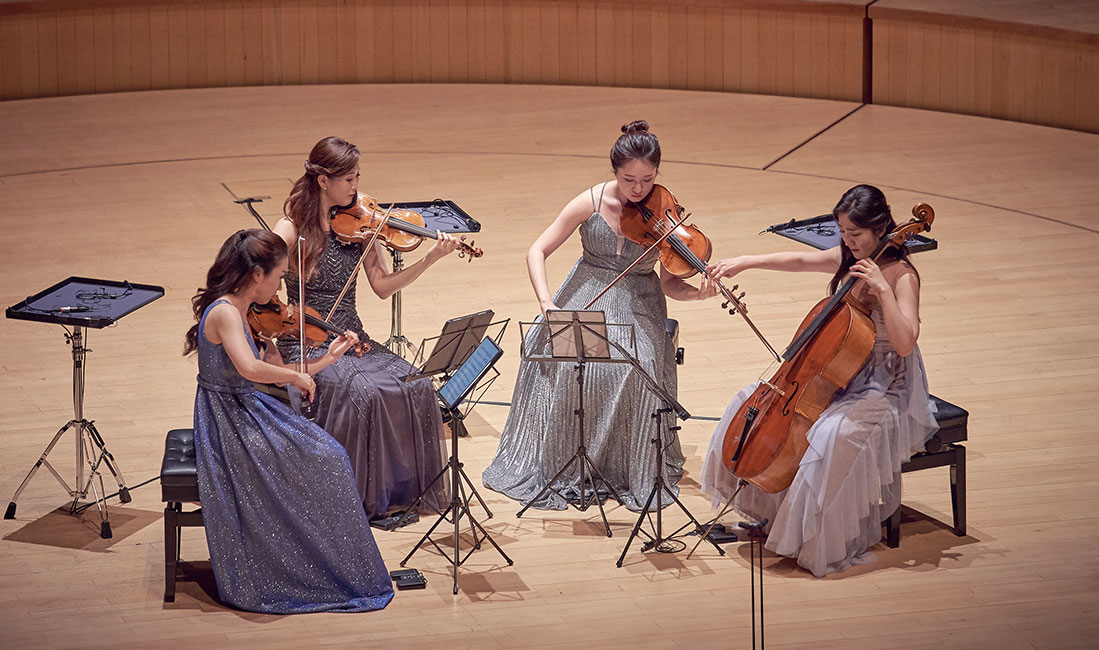
Esme Quartet comprises four Korean musicians: violinists Wonhee Bae and Yuna Ha, violist Jiwon Kim and cellist Ye-eun Heo. Since its debut in 2016, the group has won European accolades such as the Alan Bradley Mozart-Prize, ProQuartet Prize and HSBC Laureate of the Academie du Festival d’Aix. © Credia
Examples of Excellence
Siblings Chung Myung-hwa (cellist), Kyung-hwa (violinist) and Myung-whun (conductor) commenced their musical pursuits in New York’s Manhattan neighborhood in the 1960s. They not only won acclaim at international competitions but also starred on TV thanks to their relentless drive for excellence. Chung Kyung-hwa spoke of “practicing in the dark hours after lights out at her boarding school, in the cupboard that was the only lit space,” and such tales are still revered by industry peers and performance venues.
Violinists Sarah Chang and Han-Na Chang (no relation), both born in the 1980s, further boosted the prominence of Korean classical musicians with their incredible talent. The pianist brothers Dong Hyek and Dong Min Lim captured international attention by placing second and first, respectively, at the 1996 Chopin Competition for Young Pianists in Moscow, with Dong Hyek being the event’s youngest participant that year. Fellow pianists Yeol Eom Son, Sunwook Kim and Cho Seong-jin continued Korea’s streak of claiming globally prestigious titles.
In Berlin, female concertmasters Suyeon Kim (Konzerthaus- orchester Berlin), Jiyoon Lee (Staatskapelle Berlin) and Byol Kang (Deutsches Symphonie-Orchester Berlin) each direct 100 musicians in their respective orchestras. Ji-Yoon Park has received lifetime tenure as concertmaster of Orchestre Philharmonique de Radio France in Paris, while Jehye Lee leads the second violin section of the prestigious Symphonieorchester des Bayerischen Rundfunks in Munich.
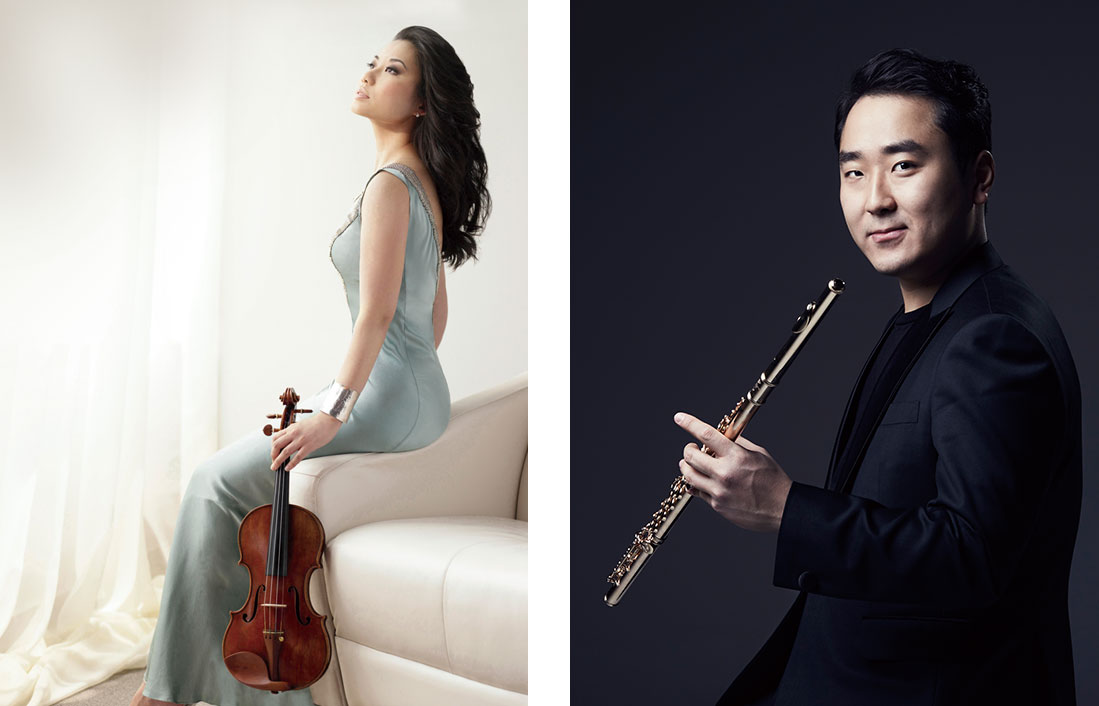
Recording her first album at age 10, violin virtuoso Sarah Chang was recognized as a child prodigy. © Credia (left)
Sunghyun Cho received a lifetime ap- pointment as the Kolner Philharmonie of Germany’s lead flutist. He studied at Korea National University of Arts before enrolling at Oberlin Conserva- tory of Music in Ohio at age 15. © Taeuk Kang (right)
Diversification of Instruments
For decades, the majority of Korean classical musicians focused on the piano and violin, with the occasional vocalist. Nowadays, performers specialize in a wider spectrum of instruments as more Koreans are specializing in bass instruments to provide the harmonic backbone rather than opt for flashy treble performances. For example, violist Kyoungmin Park became the first Korean member of the Berlin Philharmonic after finishing the conventional two-year pilot period ahead of time.
Wind and brass instruments have also seen an increase in participation by Korean musicians. Korean orchestras used to suffer from a proficiency imbalance between string instruments and those of wind and brass. The flute, oboe and clarinet and the horn, trumpet and tuba were considered more prone to mistakes and suffered from a general lack of musical aptitude. The recent rise of Korean virtuosos in these instruments, however, has begun to change things.
Sunghyun Cho, lead flutist of Kolner Philharmonie of Cologne, Germany, has shown unprecedented aptitude. Co-principal oboist Kyeong Ham of the Finnish Radio Symphony Orchestra boasts spectacular precision and fine-tuned musicality. Inn-hyuck Cho, the first Asian principal clarinetist of the Metropolitan Opera Orchestra in New York, flaunts his dexterity in his solos during symphony music performances. Hongpark Kim, co-principal hornist of the Oslo Philharmonic in Norway, is raising the bar for brass instruments. And Sung Kwon You, principal bassoonist of Radio Sinfonieorchester (Symphony Orchestra) Berlin, and Choe Young Jin, who holds the same post with the Tokyo Philharmonic Orchestra, show the brilliance of Korean musicians in traditionally less popular instruments in Korea.
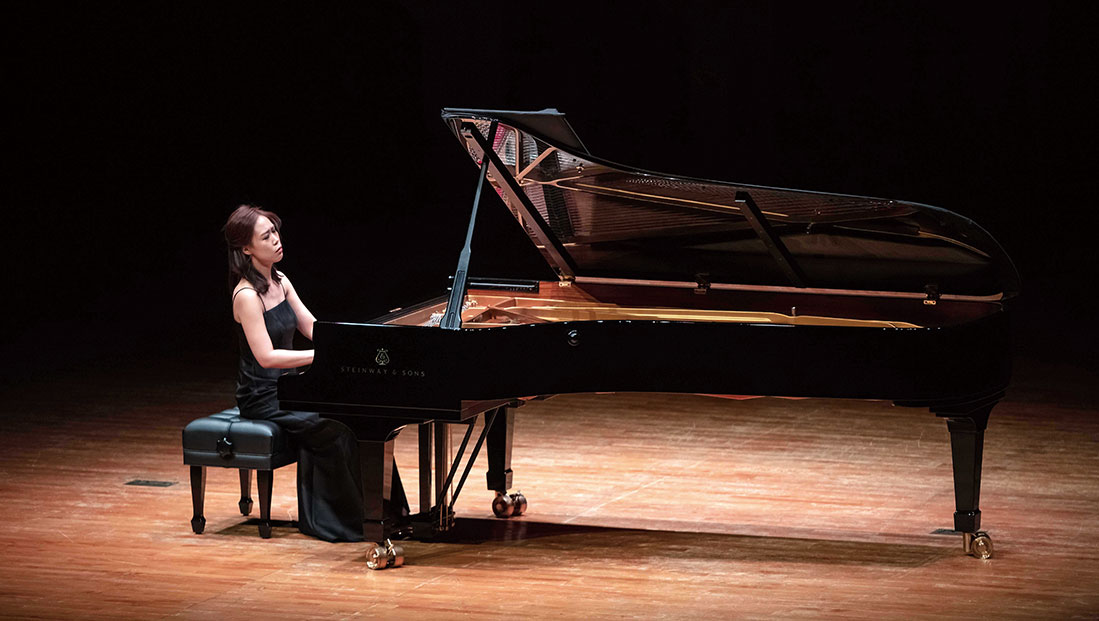
Pianist Yeol Eum Son boasts an eclectic repertoire that is as wide-ranging as her performances with top philharmonics and con- ductors worldwide. For the 2020-21 season, she is artist in residence with Het Residentie Orkest (The Resi- dence Orchestra) in The Hague. © Credia
Newfound Fame
Well represented in major music hubs worldwide, Korean classical musicians are creating and showcasing their unique musicality. Many others serve on the faculty of institutions that Koreans previously never dared dream of joining. In addition to instrumental soloists, Korean trios and quartets are also among the best at international competitions.
The Korean Wave in classical music has spread to conducting. Kim Eun Sun, who said she is “unable to plan any conducting occasions on the Korean stage due to a fully booked schedule of overseas performances,” is the latest example of the world-class prowess and stature of Korean classical musicians. They and many more Korean classical musicians active abroad and rising up the ranks are expected to promote of the new wave of Hallyu dubbed “K-culture.”

